- The platform is designed to be intuitive, making it accessible for users of all skill levels.
- Features like Audioreactivity, Transform, and Storyboard have significant educational potential, aiding in teaching concepts in a visually engaging manner.
- Users have the freedom to select art styles, adjust parameters, and use their own content, allowing for personalized creations.
- Kaiber is accessible via both web and mobile apps, providing flexibility for users.
- Kaiber's sophisticated algorithms analyze inputs to produce unique and tailored creative assets.
- While the Gallery feature showcases a diverse range of artistic styles, some users might find the available styles limited or not aligned with their preferences.
- Despite its user-friendly design, some users, especially those unfamiliar with technology, may find it challenging to adapt to the platform's features initially.
- Themisgif Immortalize the Moment : How to Turn Your Events into Unique Digital Memories
- Bluewillow AI Art Generator: Unleash Your Creative Potential with BlueWillow
- Brandmark No Design Skills Needed: Brandmark’s AI Takes the Guesswork Out of Logo Design
- Genmo Can AI Be Your Creative Copilot in Art and Media Production?
- Guidde Is Written Instruction Becoming Obsolete with Tools Like Guidde?
- Canva Canva Review- Features, Pros and Cons & Tutorial
Table of Contents
- How Kaiber AI is Making Artistry Accessible to Everyone
- Audioreactivity: Bringing Music to Visual Life
- Transform: Revolutionizing Video Aesthetics
- Animation: Unleashing Creativity with Flipbook and Motion Styles
- Storyboard: Crafting Narratives with Prompt-to-Prompt Design
- Gallery: A Wellspring of Endless Creative Inspiration
- Getting Started with Kaiber.ai
- Kaiber Mobile App
- Summary
Democratizing artistry for all has been a major concern across many industries. According to a recent study, 73% of educators believe that technology enhances the learning process, yet 58% feel unprepared to integrate it effectively.
Kaiber's AI addresses this gap, offering intuitive tools that simplify artistic creation. Renowned digital artist Emma Clarke aptly remarked, "Art is not just for the skilled anymore; it's for anyone who dares to dream."
This sentiment resonates deeply with Kaiber's mission, making it a pivotal tool in bridging the divide between technology and the timeless pursuit of artistic expression. In this article we will look some of the exciting features Kaiber brings on board to empower learners and educators!
How Kaiber AI is Making Artistry Accessible to Everyone
Here are the ways Kaiber AI is making artistry accessible to everyone;
Audioreactivity: Bringing Music to Visual Life
Kaiber's innovative feature, Audioreactivity, invites educators and students to explore the fascinating intersection of music and visual art. By uploading a song to the platform, users can infuse their artistic flair into the auditory experience.
The AI-driven audio analysis technology then interprets the rhythms, beats, and melodies of the song, transforming them into dynamic visual representations. This feature not only fosters creativity but also provides an engaging way to teach concepts like rhythm, pattern recognition, and the emotional impact of music.
It's an excellent tool for music and art teachers to collaborate, allowing students to visually experience and understand the intricacies of musical compositions, making abstract concepts tangible and visually stimulating. Audioreactivity by Kaiber offers a unique, multisensory educational experience that bridges auditory and visual learning.
Transform: Revolutionizing Video Aesthetics
Kaiber's "Transform" feature marks a groundbreaking shift in video editing and presentation, tailored for educators, students, and creative professionals. This tool allows users to upload their videos and seamlessly apply a variety of styles and aesthetics, essentially reimagining the original content.
It's an ideal resource for enhancing educational materials, student projects, or coaching sessions with visually captivating elements. Whether it's transforming a historical documentary into a vintage film style, or giving a science presentation a futuristic touch, the possibilities are endless.
This feature not only simplifies the process of video editing but also encourages experimentation with different visual narratives. By leveraging AI, "Transform" opens up a world where educators and students can creatively convey their messages, making learning more immersive, engaging, and visually appealing.
Animation: Unleashing Creativity with Flipbook and Motion Styles
Kaiber's animation features offer two distinct styles, each providing a unique avenue for creative expression and educational engagement.
1. Flipbook: Frame-by-Frame Evolution
The Flipbook style is a tribute to the classic technique of animation. It allows users to create frame-by-frame animations, where each successive frame is a slight variation of the previous one.
This style is perfect for art and animation classes, as it teaches the fundamentals of movement and transition in a visual format. Students and educators can explore storytelling, sequential art, and the principles of traditional animation in a modern, accessible way. The Flipbook style fosters a deep understanding of how minute changes can create the illusion of motion and evolution, encapsulating timeless creativity.
2. Motion: Seamless Fluidity and Transformation
The Motion style, on the other hand, offers a more contemporary approach. Users simply input a prompt, and the AI seamlessly transforms it into a fluid, moving visual experience.
This style is particularly useful for illustrating abstract concepts in subjects like science, literature, or social studies. It provides a captivating way to visualize processes, narratives, and dynamic systems.
The smooth and consistent animation style of Motion brings subjects to life, making them more comprehensible and engaging for students. It’s an ideal tool for creating educational content that requires demonstrating change or progression in a visually appealing and easily understandable manner.
Together, these animation styles by Kaiber empower educators and students to explore and express ideas in new, dynamic formats, enhancing both the teaching and learning experience.
Storyboard: Crafting Narratives with Prompt-to-Prompt Design
Kaiber's Storyboard feature is an innovative tool that revolutionizes the way narratives and educational content are designed. It enables teachers, students, and content creators to seamlessly construct stories or presentations prompt by prompt. This user-friendly approach allows for the easy development of a narrative structure, ensuring that each element of the story or lesson flows logically and coherently from one point to the next.
Storyboard is especially beneficial in educational settings. Teachers can use it to design lesson plans that unfold in an engaging, story-like manner, making complex subjects more accessible and memorable for students. For students, it offers a structured way to organize their thoughts and ideas for projects, essays, or presentations, encouraging clear, logical thinking and creativity.
The ease of designing narratives prompt-to-prompt with Kaiber's Storyboard not only saves time but also enhances the overall quality of educational materials and storytelling. It's an essential tool for anyone looking to create compelling, well-structured narratives with minimal effort.
Gallery: A Wellspring of Endless Creative Inspiration
Kaiber's Gallery feature is a treasure trove of inspiration, designed to spark creativity and enhance the learning experience for educators, students, and creatives alike. This vast, continuously updated collection is a visual feast, showcasing a diverse range of artistic styles, techniques, and ideas. It's an invaluable resource for those moments when you're seeking fresh inspiration or a new perspective.
For educators, the Gallery can be a powerful tool to illustrate various art styles, historical periods, or cultural themes in their curriculum. It offers students a glimpse into different artistic expressions and ideas, broadening their understanding and appreciation of art.
Students can delve into the Gallery to find inspiration for their projects or to learn about different art forms and techniques. The diverse array of artworks can ignite their imagination, helping them to develop unique concepts and styles.
Coaches and mentors can use the Gallery to encourage their protégés to explore and experiment with different mediums and themes, fostering artistic growth and exploration.
Getting Started with Kaiber.ai
Starting your creative journey with Kaiber is a straightforward and exciting process that opens up a world of possibilities for content creation. To begin, simply visit kaiber.ai and sign up for an account. This can be done by providing your email address and creating a password. Alternatively, if it's more convenient, you may have the option to sign in using your existing Google accounts.
Once you're logged in, take your time to explore the platform and get comfortable with its layout and features. Kaiber offers a variety of tools and options that allow you to create images, videos, or other types of content tailored to your preferences. Whether you're a novice or a seasoned creator, the platform is designed to be intuitive and user-friendly.
To start creating, you can either enter a text prompt or upload your own content, like images, music, or videos. These inputs are crucial as they form the foundation for generating your assets. Kaiber's platform is flexible, allowing you to use your own material or seek inspiration from built-in prompts.
Customization is a key aspect of the Kaiber experience. You have the freedom to select your desired art style and adjust various parameters to suit your project's needs. These might include the length or aspect ratio of videos, specific settings for camera movements, or even the inclusion of multiple scenes.
After setting up your prompts and preferences, it's time to let the AI do its magic. The platform's sophisticated algorithm will analyze your inputs and produce unique assets, known as “Preview Frames,” based on your text prompts or a combination of your prompts and uploaded content. One of the perks of using Kaiber is that you can save any of these Preview Frames for free.
Kaiber Mobile App
To get started with the Kaiber App, begin by downloading it from the App Store or Google Play, ensuring your device is compatible with the app's requirements. Once installed, open the app to either create a new account or use an existing one for sign-in.
Kaiber offers multiple login options for convenience: you can use Google Single Sign-On (SSO) to log in with your Google credentials, manually enter an email address and password, or, if you're using an iOS device, opt for signing in with your Apple ID.
Creating an account is beneficial as it allows educators and students to manage their videos, credits, and personal settings across different devices, streamlining their creative process.
Summary
Kaiber platform's intuitive design, coupled with its advanced AI capabilities, breaks down traditional barriers, enabling users of all skill levels to translate their visions into reality.
With its commitment to making artistry accessible, Kaiber is not just fostering a new generation of artists; it's nurturing a global community where creativity knows no bounds.
As technology continues to evolve, so will the ways we express and appreciate art, and Kaiber is at the forefront of this artistic revolution.







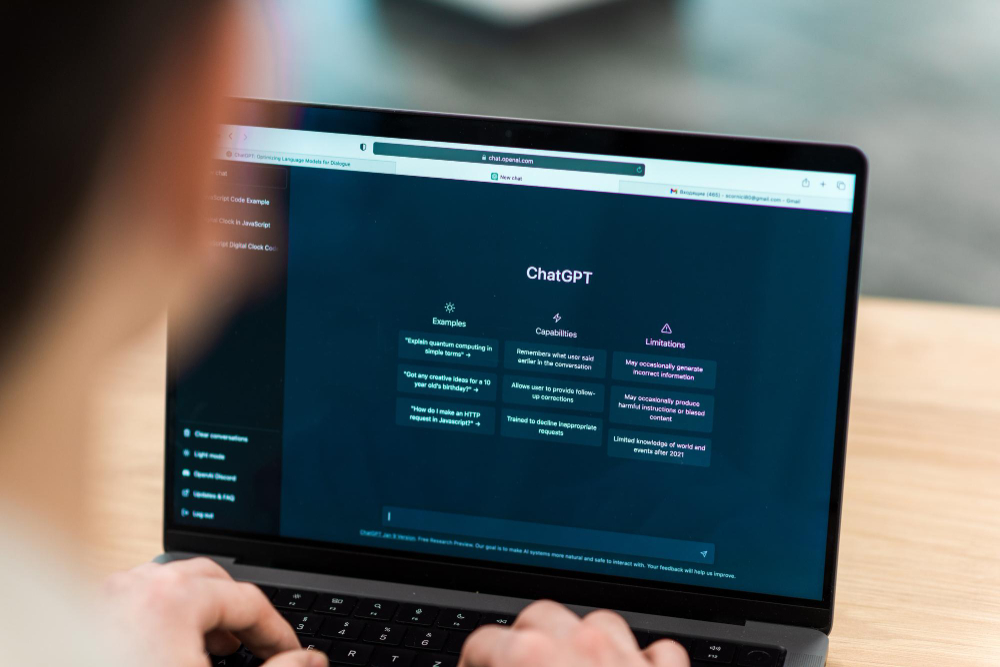





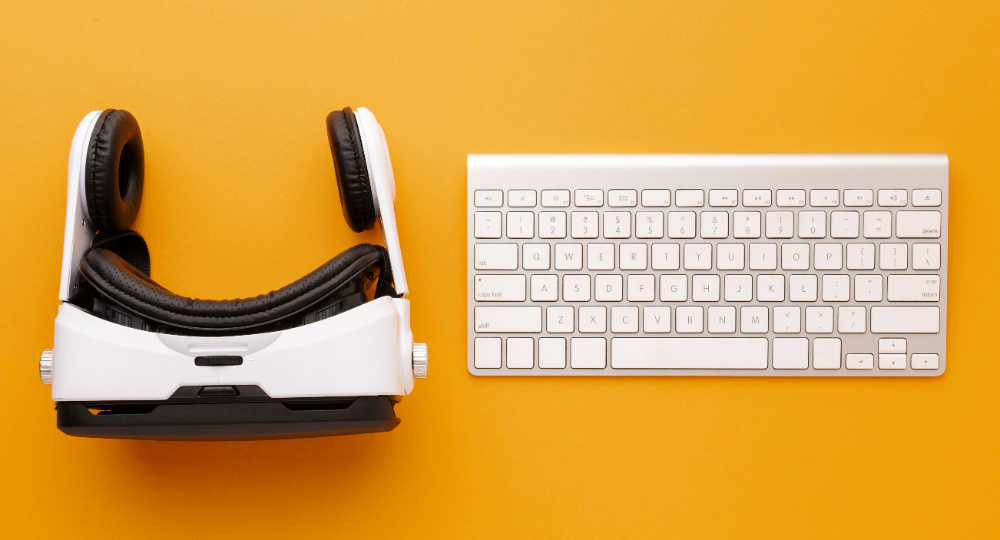


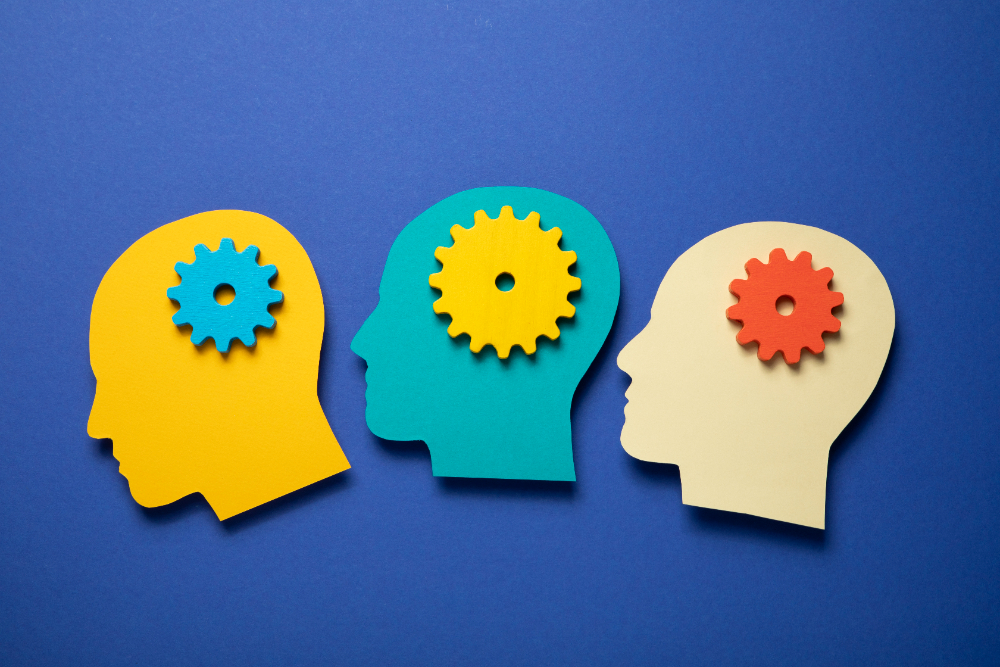
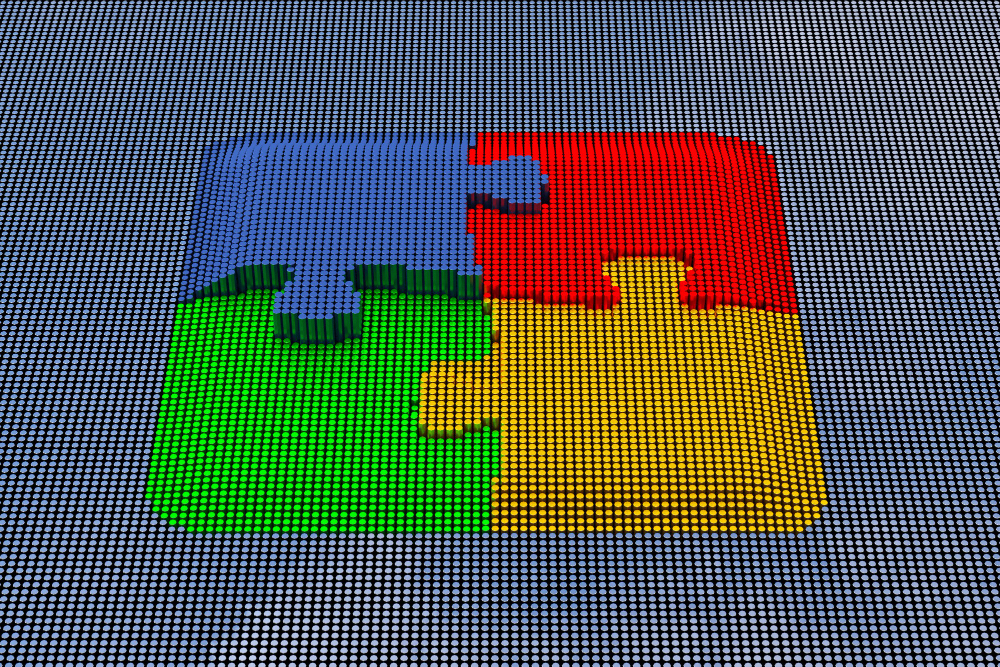









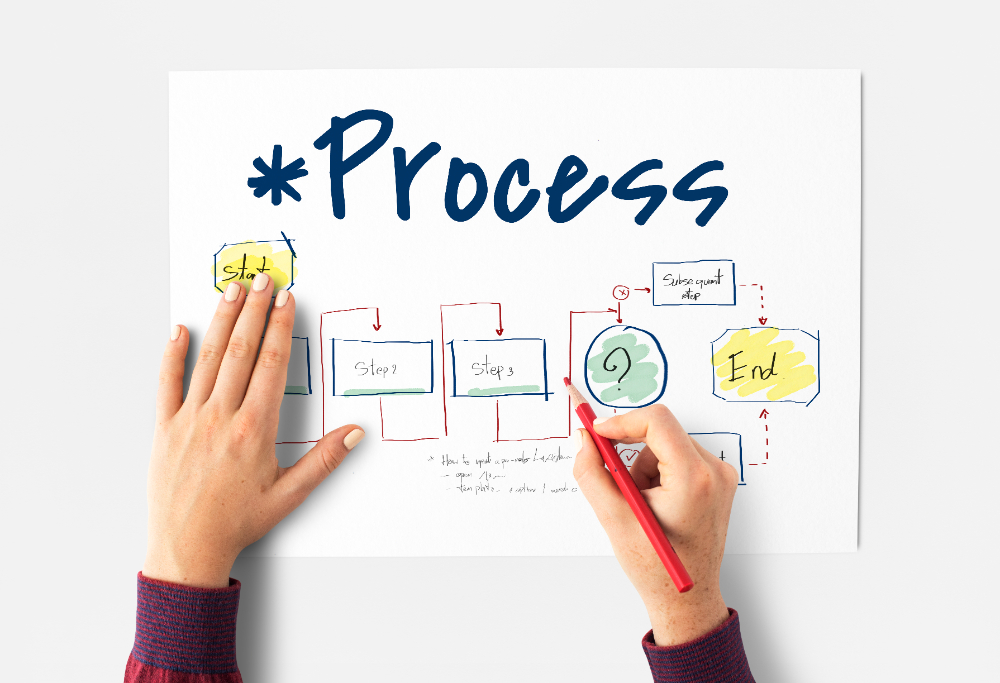



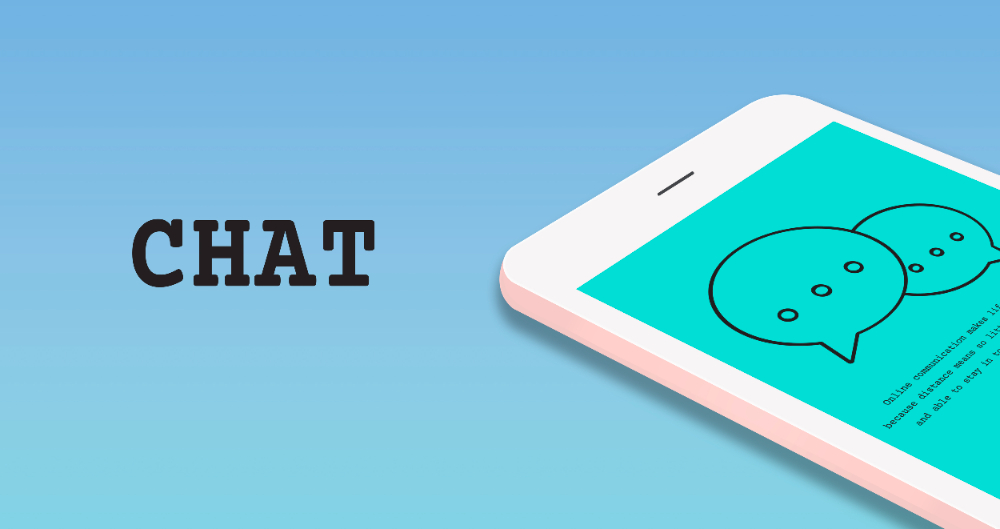

Comments are closed.